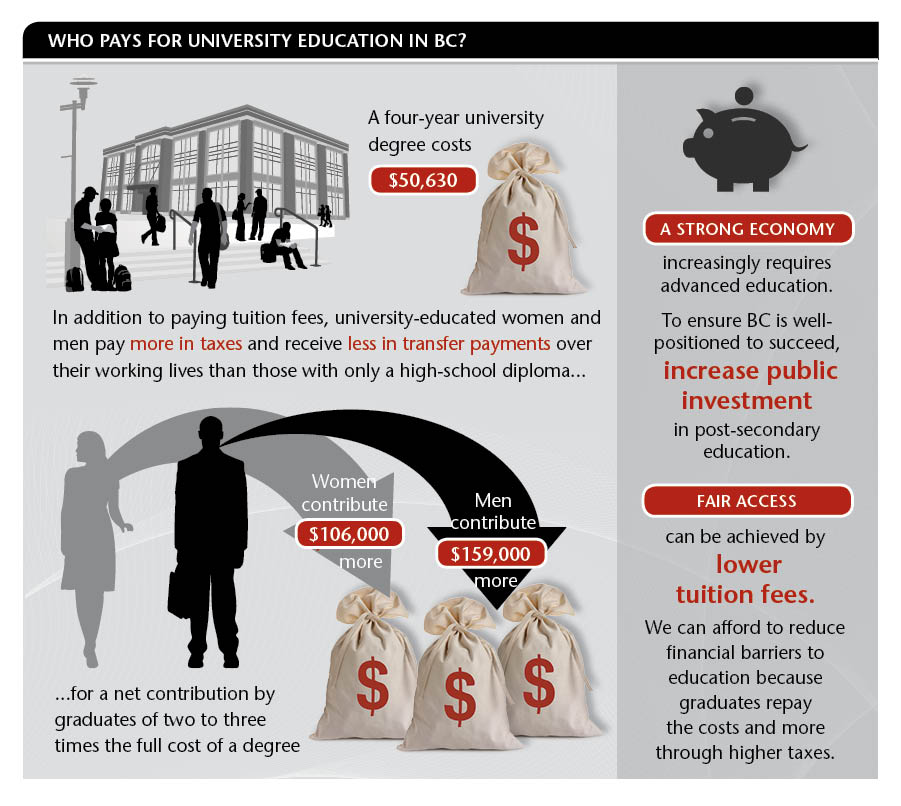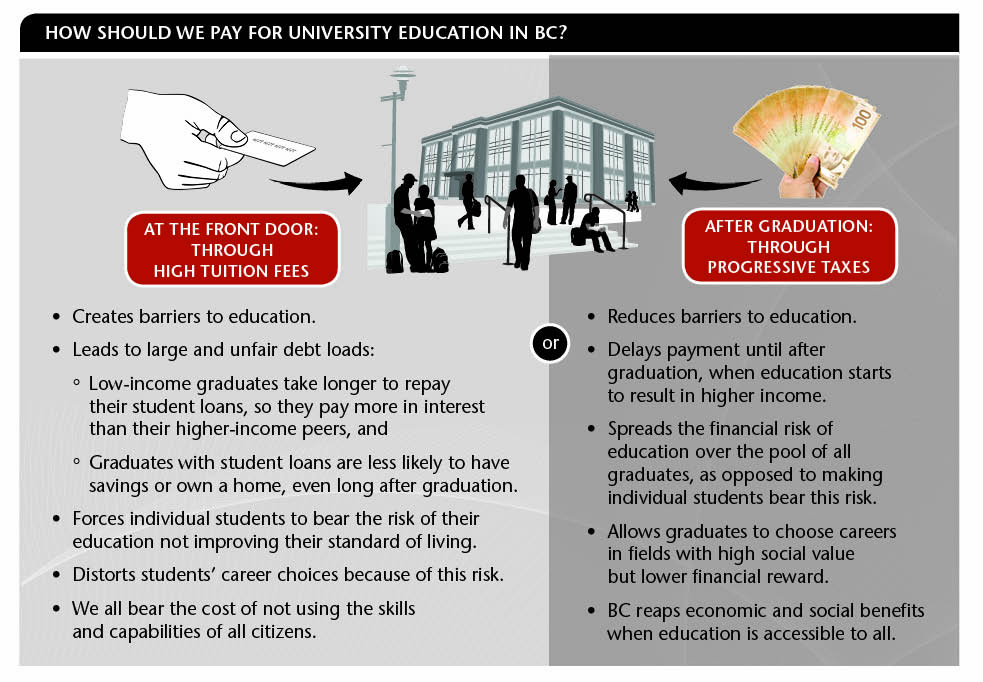Across British Columbia, Environmental Organizations and Labour Unions are working together to promote the bold idea of a Green Jobs plan.
GreenJobs BC is hosting a forum on Retrofits February 10th, 2012 in Vancouver. Our research shows that they are one of the fastest way to reduce greenhouse gases. You can read our report, “This Green House: Building Fast Action for Climate Change and Green Jobs”, here.


